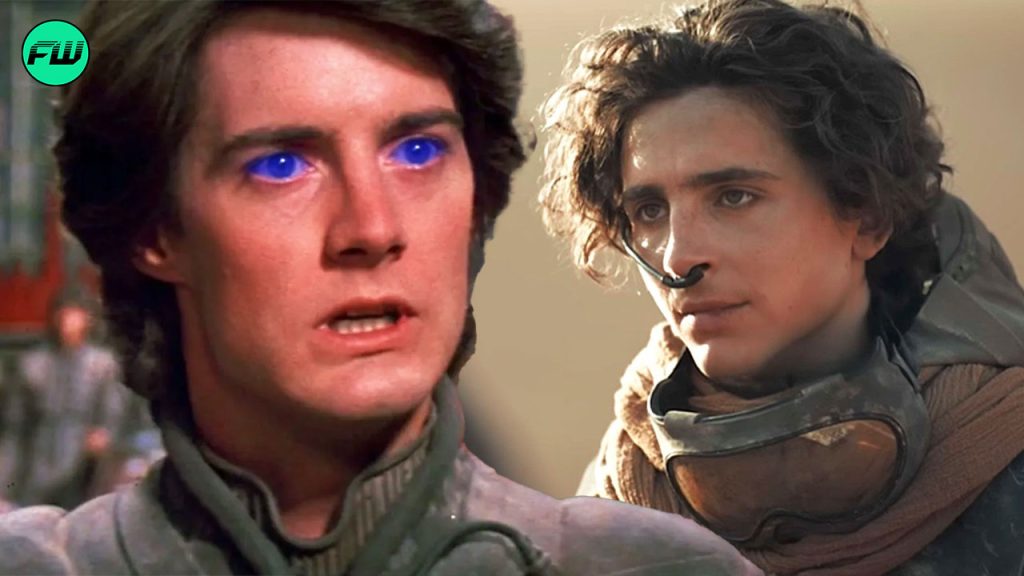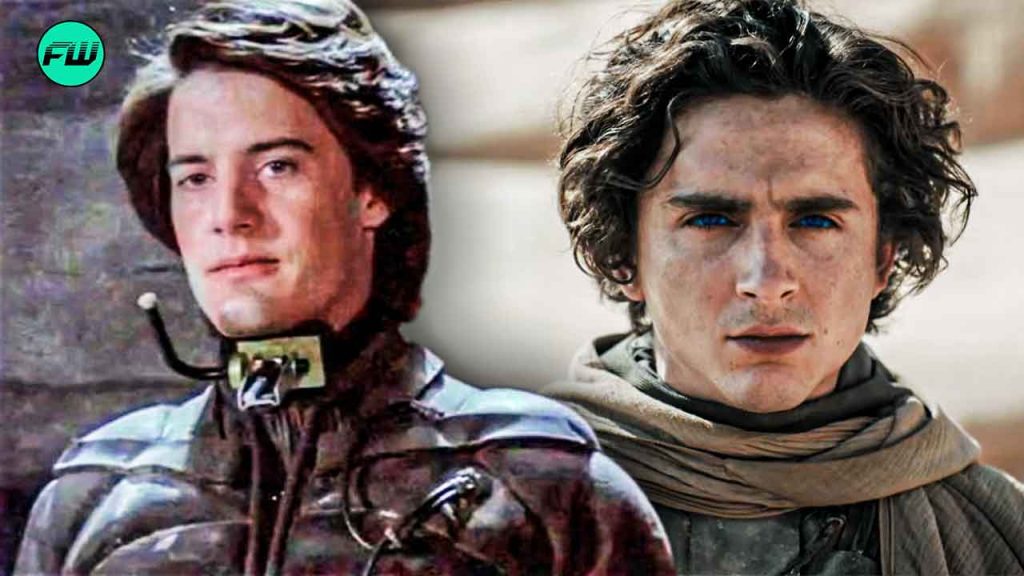“Final Cut” means a director gets the last word on editing a movie. But usually, contracts and studio decisions don’t let this happen. So, many directors end up just working on projects without having any real control.
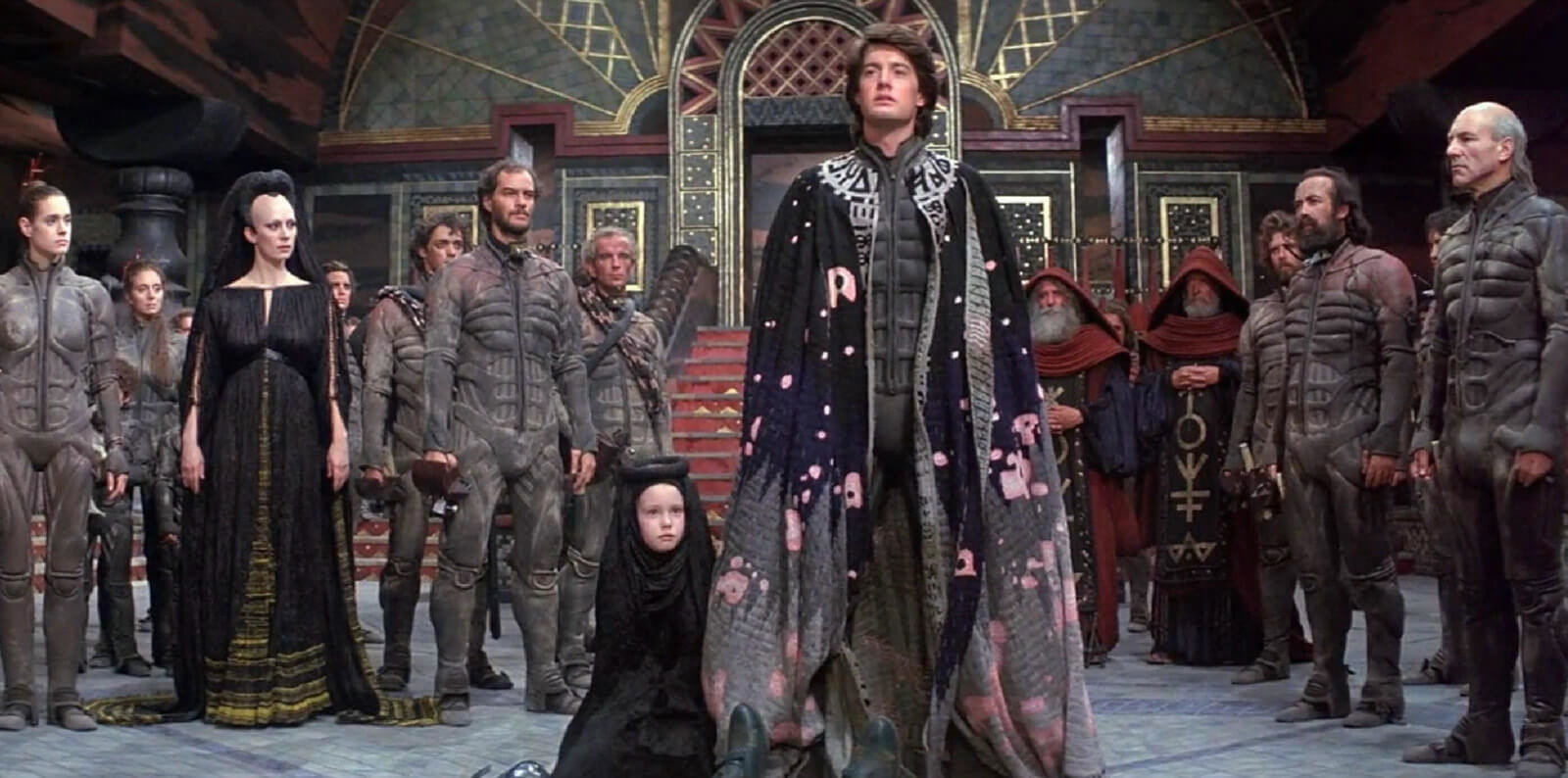
As a result, even if the final version of a movie pleases the audience, it often doesn’t fully satisfy because it may lack the depth and originality that the director’s vision would have provided. The filmmaker plays a crucial role in interpreting the script and bringing the story to life. If the their vision isn’t considered, the chances of poor reviews are high. This is exactly what happened to David Lynch when he directed Dune.
The 1984 Version Of Dune Was A Failure
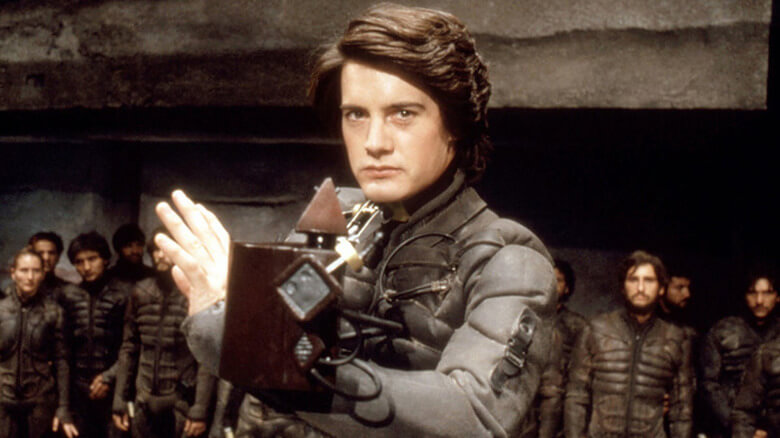
Dune (2021), and especially Dune: Part 2, released this year, were massive hits. The sequel alone grossed over $700 million worldwide, making a significant impact not only on the film industry but also on fans, and even the general public who were unfamiliar with the story.
Few people know that Denis Villeneuve‘s films weren’t the first adaptations of the 1965 literary saga. The first movie version of Dune came out in 1984, but even back then, it failed to impress both audiences and critics. The film struggled with special effects and a poorly developed script.
David Lynch, renowned for iconic works like Eraserhead and Twin Peaks, widely regarded as one of the greatest TV productions ever, directed the film. Known as one of cinema’s greatest living geniuses, one would expect something exceptional from him. However, it really seems every director has that one project they’re not too proud of.
Lynch went so far as to read Frank Herbert‘s original book to adapt it as faithfully as possible. He recognized the depth that needed careful development, but this meant the movie would be very long. As a result, Universal Studios rejected his three-hour version. (via The Ringer)
Over time, the director has been upfront about his dissatisfaction with his version of Dune, expressing that the final cut didn’t meet his expectations. He has even suggested the possibility of creating a director’s cut, similar to the famous Zack Snyder‘s Justice League, so fans could see the version he truly wanted to release. However, Lynch doubts this will ever come to fruition. (via AV Club)
Why Did David Lynch Hate His Version Of Dune?
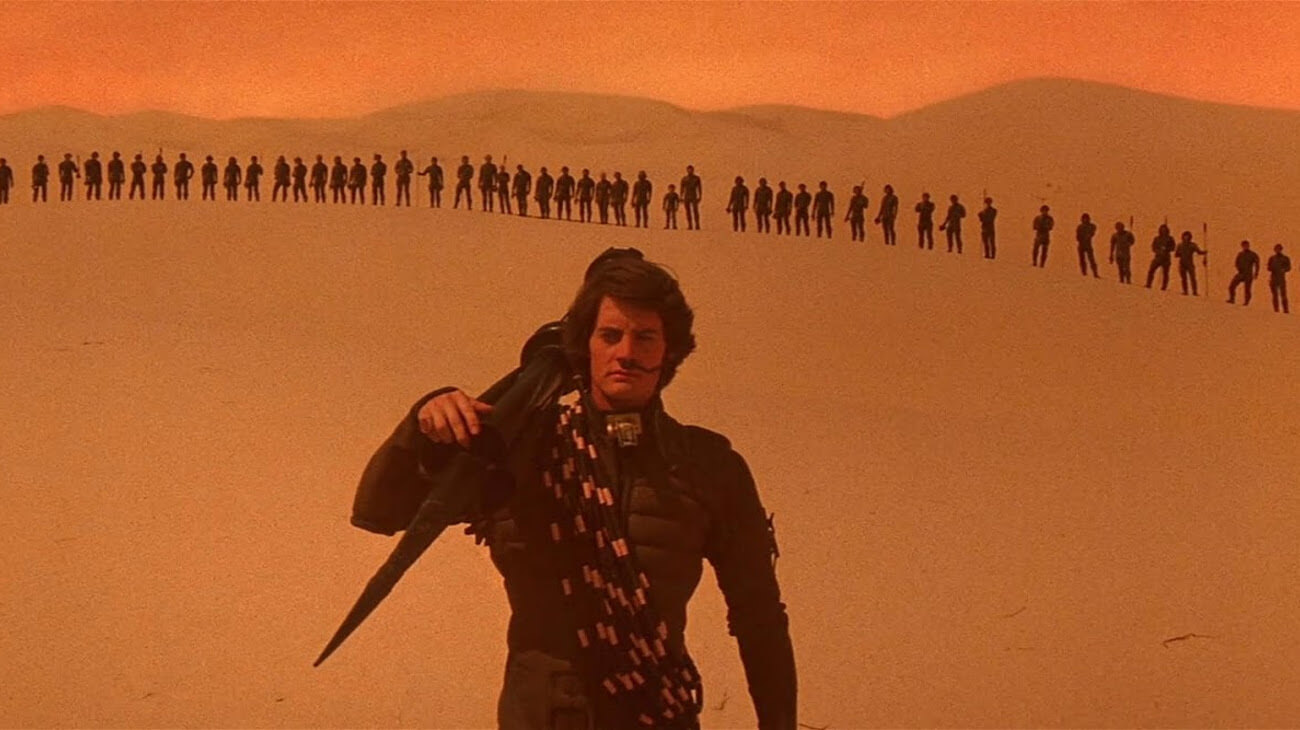
The reaction of people watching Dune, especially those familiar with the director’s work, can be quite striking. The film is a major departure from Lynch’s usual style and doesn’t align with his typical aesthetic. Why is that?
In an interview with NPR, the director was asked about a professional failure from which he had learned a lesson. Without hesitation, he expressed regret over the adaptation, admitting that he had known from the start that the movie wouldn’t turn out well.
(…) I knew already one should have final cut before signing on to do a film. But for some reason, I thought everything would be OK, and I didn’t put final cut in my contract. And as it turned out, Dune wasn’t the film I wanted to make, because I didn’t have a final say.
So that’s a lesson I knew even before, but now there’s no way. Why would anyone work for three years on something that wasn’t yours? Why? Why do that? Why? I died a death. And it was all my fault for not knowing to put that in the contract.
He wasn’t the first choice to direct Dune; he took on the project after a tumultuous pre-production by director Alejandro Jodorowsky. From the beginning, Lynch faced numerous studio interferences. Like Villeneuve, he also intended for the production to lead to sequels. Ultimately, he became disheartened with the result and chose not to pursue further sequels.
This year, an unfinished script for the sequel to the 1984 Dune film, which Lynch was working on, was found. Feedback has suggested that the script is so impressive that it could even surpass Dune Messiah — the book it was meant to follow. (via WIRED)
The truth is that the original version fell short of its goals, but a new project by Lynch could be a fantastic gift for fans, especially now that the story has made a significant impact on modern cinema.
Dune (1984) is available to stream on Netflix.


